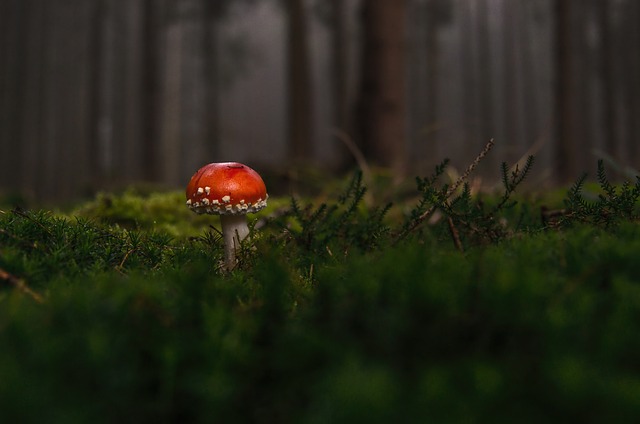Probiotics and Beyond: Discovering Innovative Ways to Harness Their Potential
Probiotics have gained significant popularity in recent years for their potential health benefits. These live bacteria and yeasts, often referred to as “good” bacteria, can provide numerous advantages for our digestive system and overall well-being. While most people associate probiotics with improved gut health, their potential reaches far beyond this realm. Innovative research is unveiling exciting applications for probiotics in various fields, ranging from agriculture to skincare. In this blog post, we will explore some of the latest discoveries and ways in which probiotics can be harnessed beyond traditional supplements.
Agriculture: Enhancing Crop Growth and Soil Health
Probiotics are not only beneficial for human health but also for plants. The use of beneficial microorganisms in agriculture, known as plant probiotics or biostimulants, is gaining traction as a sustainable approach to enhance crop growth and overall soil health. These plant probiotics help improve nutrient absorption, pest resistance, and disease tolerance, ultimately leading to higher crop yields. Researchers are continuously exploring different strains of bacteria and fungi to optimize their benefits for specific plants and environmental conditions.
Skincare: Unlocking the Potential of Probiotic Cosmetics
Probiotics are making their way into the cosmetic industry, revolutionizing skincare products. Probiotic cosmetics contain live microorganisms that promote a balanced skin microbiome, which is essential for maintaining healthy skin. These products can help improve various skin conditions, including acne, eczema, and even signs of aging. By applying probiotics topically, they can interact with the skin’s microbiota, strengthening its natural defense mechanisms and promoting a healthier complexion. As research progresses, we can expect to see even more innovative probiotic skincare solutions hitting the market.
Waste Management: Microbial Solutions for Environmental Challenges
Probiotics are not limited to human and plant health; they are also a powerful tool for waste management and environmental sustainability. Microbes such as bacteria and fungi can be utilized to break down organic compounds and treat various types of waste. The introduction of specific probiotic strains into wastewater treatment facilities can enhance the efficiency of the treatment process, reducing the overall environmental impact. Additionally, probiotics can help in the composting of organic waste, accelerating decomposition and transforming it into nutrient-rich soil.
Animal Health: Promoting Well-being in our Furry Friends
Our beloved pets can also benefit from the power of probiotics. Just like humans, animals have a gut microbiome that plays a crucial role in their overall health and well-being. Probiotics designed for pets, such as dogs and cats, can help improve digestion, boost immune function, and even alleviate certain gastrointestinal disorders. As pet owners become more conscious of their furry friends’ health, the demand for probiotic pet supplements and specialized food products continues to grow.
Medical Applications: Broadening the Scope of Probiotic Therapy
While probiotics have long been associated with digestive health and immunity, ongoing research is expanding their potential applications in the medical field. Scientists are investigating the use of specific probiotic strains as a complement to traditional treatments for conditions such as inflammatory bowel disease, urinary tract infections, and even certain types of cancers. Probiotics hold promise as a targeted therapy to modulate the gut microbiota and improve treatment outcomes, although further research is still needed to unlock their full potential.
In Conclusion
Probiotics are not simply a passing health trend; they are a scientifically-backed innovation that continues to amaze researchers and consumers alike. With their role extending far beyond our digestive systems, probiotics are finding applications in various fields like agriculture, skincare, waste management, animal health, and medical treatments. The potential of probiotics is vast and still being explored by scientists around the globe. As we uncover more about the intricacies of these “good” bacteria, we can look forward to a future







